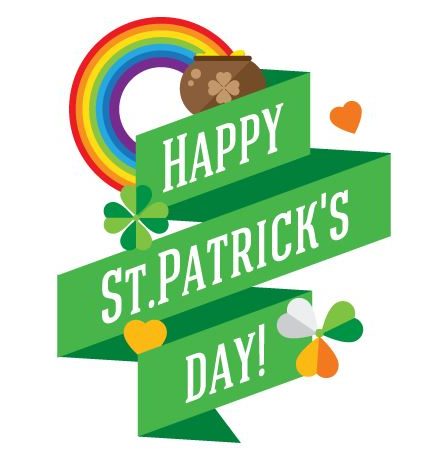Word of the Day: Harridan
harridan har-ri-dan / hăr-ĭ-dn noun 1. an ill-tempered, nagging woman; a hag The old harridan means to fleece you. From “Madame Flirt” by Charles Edward Pearce, 1843 – 1924 etymology Apparently from the French noun haridelle (nag, jade, scrawny slattern) of unknown origin. Thank you to Allen Ward for this etymology.
Word of the Day: Temerity
temerity te-mer-i-ty / tə-mĕr-ĭ-tē noun 1. extreme boldness ; recklessness ; audacity Age looks with anger on the temerity of youth, and youth with contempt on the scrupulosity of age. Samuel Johnson, 1709 – 1784 etymology Through the Middle English noun temeryte from the Latin feminine noun temeritas, temeritatis (blind chance, accident, rashness, foolhardiness, recklessness), which was combined from the Latin adverb temere (blindly, thoughtlessly, rashly, by chance, randomly) and the feminine-abstract-noun-forming suffix -tas, -tatis. Thank... Read More
Words of the Day: Rigger and Rigor
rigger rig-ger / rĭg-ər noun 1. one who equips with necessary supporting materials, such as a vessel with sails, etc. There has been a time when a ship’s chief mate, pocket-book in hand and pencil behind his ear, kept one eye aloft upon his riggers and the other down the hatchway on the stevedores, and watched the disposition of his ship’s cargo, knowing that even before she... Read More
Word of the Day: Flaccid
flaccid flac-cid / flăs-ĭd, flăk-sĭd adjective 1. flabby; hanging loosely; not firm The nerve of the savage had gone, and his muscle had become a flaccid thing. From “A Millionaire of Yesterday” by E. Phillips Oppenheim, 1866 – 1946 2. weak; lacking force, vigor or endurance But the Roman Empire, in its feeble and flaccid old age, seemed to have lost all capacity for making war. From... Read More
Word of the Day: Cynosure
cynosure cy-no-sure / sī-nə-sho͝or, sĭn-ə-sho͝or noun 1. something or someone that draws attention and admiration He felt uncomfortable, for he was a modest young man and did not like to be the cynosure of all eyes. From “The Blue Tower” by Evelyn E. Smith, 1922 – 2000 2. something that serves as a guide The 1897 Cape Palliser Lighthouse, resplendent in its wide red bands,... Read More
Word of the Day: Timorous
timorous tim-or-ous / tĭm-ər-əs adjective 1. fearful; shy; easily frightened; anxious The weakest and most timorous are the most revengeful and implacable. Thomas Fuller, 1608 – 1661 2. caused by fear or indicative of fear When once a man has made celebrity necessary to his happiness, he has put it in the power of the weakest and most timorous malignity, if not to take away his satisfaction, at... Read More
Word of the Day: Refuse
refuse re-fuse / rĭ-fyo͞oz verb 1. to decline to accept or allow If wisdom were offered me with this restriction, that I should keep it close and not communicate it, I would refuse the gift. Lucius Annaeus Seneca, c. 4 BC – 65 AD 2. to deny, to fail to give something We are rich only through what we give, and poor only through what we refuse.... Read More
Word of the Day: Legendary
legendary leg-en-dar-y / lĕj-ən-dĕr-ē adjective 1. based on an unverified story that has been handed down from earlier times Perseus, one of the most renowned of the legendary heroes of antiquity, was the son of Zeus and Danae, daughter of Acrisius, king of Argos. From “Myths and Legends of Ancient Greece and Rome” by E.M. Berens 2. remarkable enough to be famous; very well... Read More
Word of the Day: Proverb
If you are looking for a friend without a fault you will be without a friend forever. Irish Proverb proverb prov-erb / prŏv-ərb noun 1. a short saying that speaks a basic truth; an adage A proverb is the wisdom of many and the wit of one. John Russell, 1921 – 1991 2. a byword; a word or phrase that is used frequently May dawn, as the proverb... Read More
Word of the Day: Halfway
halfway half-way / hăf-wā, häf-wā adjective 1. midway; equally between two points Every great mistake has a halfway moment, a split second when it can be recalled and perhaps remedied. Pearl S. Buck, 1892 – 1973 2. partial; covering only a half or part A halfway decent haircut will go a long way! G-Eazy adverb 1. midway between two points; in the middle The most important trip... Read More

